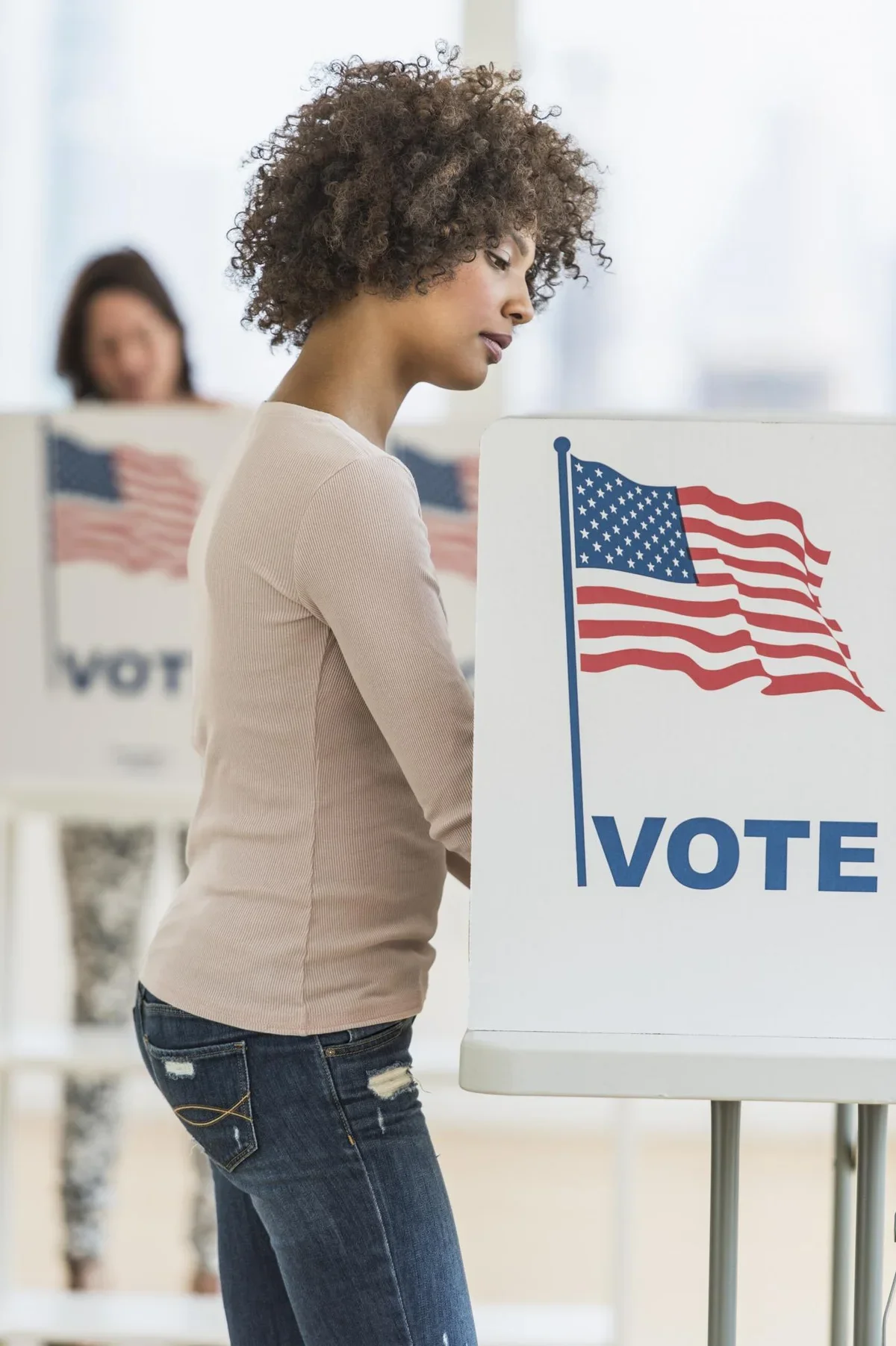
The Kentucky House has voted to defund diversity, equity, and inclusion (DEI) offices at public universities. The decision followed a contentious debate about the role of such initiatives in supporting underrepresented students and fostering inclusive environments on campuses, according to NBC News.
The bill, which passed by a significant margin of 68-18, reflects a broader Republican campaign across several states that restrict DEI initiatives or require their public disclosure.
The version of the bill which passed the House would not only defund DEI offices and staff positions, but it also seeks to ban race-based scholarships and prohibit the Kentucky Council on Postsecondary Education, which oversees public universities, from approving degrees that require certain courses containing “discriminatory concepts.”
Republican proponents argue that these measures will end what they see as failed and discriminatory DEI initiatives while fostering an inclusive and welcoming culture.
According to Republican state Rep. Jennifer Decker, who led the new version of the bill to passage in the House, it would hold public universities accountable for “dismantling the misguided DEI bureaucracies.”
“This bill would put an end to the failed, expensive, and discriminatory DEI initiatives at our public postsecondary schools in Kentucky,” Decker said.
While Decker insisted the bill would foster a culture that’s “inclusive and welcoming to all,” Democratic lawmakers and opponents of the bill argue that it will disproportionately harm minority students, including racial minorities, LGBTQ students, those with disabilities, and individuals from marginalized backgrounds.
“Diversity, equity, and inclusion programs are about creating and sustaining environments that support students and faculty who have been traditionally underrepresented on our college campuses, that make them feel safe and welcome,” said Democratic state representative Nima Kulkarni.
Critics also warn that the bill could stifle academic freedom by limiting the concepts that professors can teach, particularly those related to the history of oppression and systems of inequality.
“It would disallow the teaching of how oppressive governments create systems of inequality through laws and policies that are structured to marginalize minority groups,” Kulkarni said. “Our students deserve to know our history. They deserve to fully explore all of the progress that we have made.”
Additionally, concerns have been raised about potential economic repercussions, such as boycotts and students leaving the state for college, as well as negative effects on efforts to recruit Black student-athletes.
The backlash against the anti-DEI bill reflects broader national trends, with Republican lawmakers introducing numerous bills across multiple states to restrict or disclose diversity initiatives. This legislative push comes amid a shifting legal landscape following the U.S. Supreme Court’s decision last year ending affirmative action at universities, raising questions about the future of diversity programs in various sectors of society.







